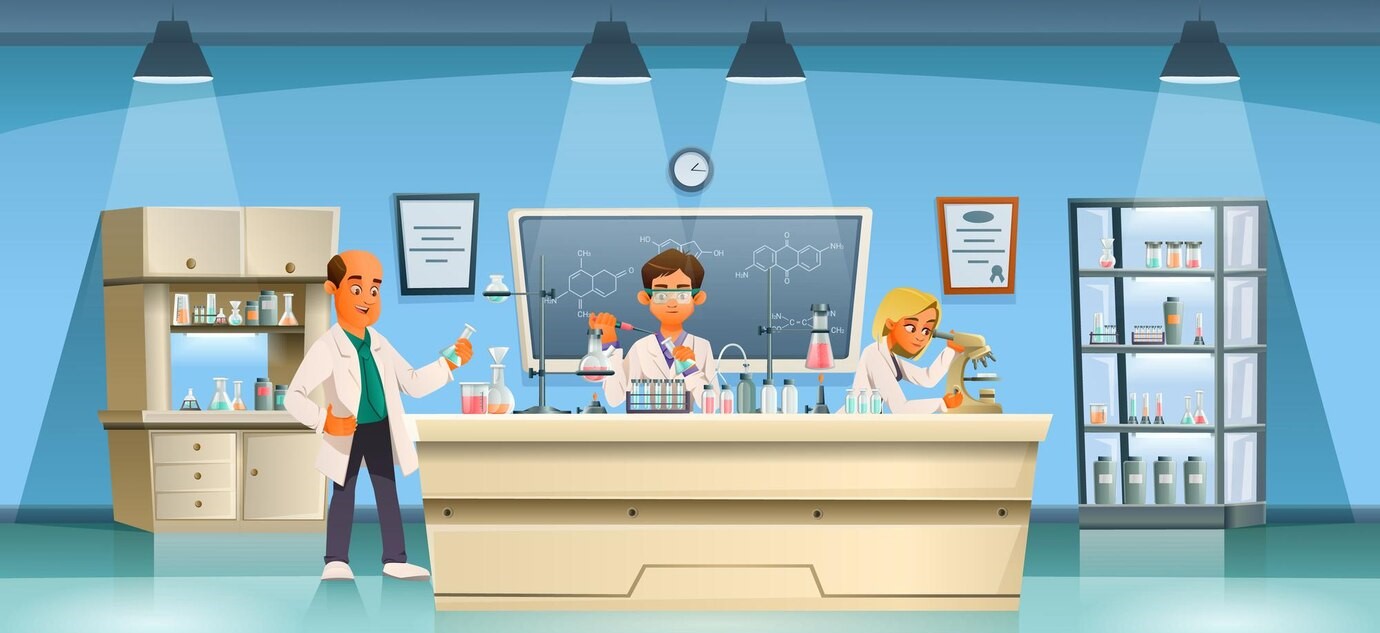What is an Electrocardiogram?
An ECG is a diagnostic procedure used to check the condition of your heart. Checking the heart's rhythm and electrical activity (signals) is a straightforward procedure. It tracks the electrical activity of the heart for diagnostic purposes using transient electrodes on your chest and limbs, allowing the doctor to determine the underlying problem. It is a painless test that is quick, easy, and non-invasive and is often used alongside other tests to diagnose and monitor the conditions affecting your heart.
Why is an Electrocardiogram prescribed?
An Electrocardiogram is suggested when your heartcare specialist (cardiologist) feels that you have a problem with your heart, including GP. It is usually prescribed when the person complains of chest pain, dizziness, heart palpitations, rapid pulse, shortness of breath, Weakness, or fatigue. The ECG which reads the condition of the heart by the electric signals detects conditions like Irregular heart rhythms, coronary heart disease that cause chest pain or heart attack. It is also employed in the case to identify whether the person had a previous heart attack and even to know the well conditioning of the pacemaker that’s been fixed to the heart.
Why might I need an Electrocardiogram?
Some reasons your healthcare provider may request an ECG include:
1. To look for the cause of chest pain.
2. To evaluate problems that may be heart-related, such as severe tiredness (fatigue), shortness of breath, dizziness, or fainting.
3. To identify irregular heartbeats.
4. To help assess the overall health of the heart before procedures, such as surgery; after treatment for a heart attack (myocardial infarction), endocarditis (inflammation or infection of one or more of the heart valves), or other condition; or after heart surgery or cardiac catheterization.
5. To see how an implanted pacemaker is working
6. To find out how well certain heart medicines are working.
7. To get a baseline tracing of the heart's function during a physical exam, which can be compared with future ECGs.
Why Choose Saami Scans?

How do I prepare for an ECG test?
1. Avoid oily or greasy skin creams and lotions the day of the test. They interfere with electrodes making good contact with your skin.
2.Avoid full-length hosiery, as electrodes need to be placed directly on your legs.
3. Wear a shirt that you can remove easily to place the leads on your chest.
Electrocardiogram Procedure
During ECG, patients are made to lie flat on a table and about 10 small, sticky sensors called electrodes will be attached to your arms, legs and chest. These are connected by wires to an ECG recording machine. Before attaching the electrodes, you will usually need to remove your upper clothing. While you lay flat, the computer machine records the signal activity in the form of wavy lines on a piece of paper. With this, the doctor or radiologists will be able to tell the cause of heart failure or chest pain. At Aarthi Scans, technicians are trained to guide the patients well and ensure a safe ECG process.
How to Book an Appointment

Results of ECG Test:
Your ECG results may show that you have:
1. A heart rhythm that’s irregular, too fast or too slow.
2. A heart attack (past or present).
3. Heart walls that are getting thicker (cardiomyopathy) or stretched out (aneurysm).
4. A problem getting enough blood to your heart.
5. Heart failure.

